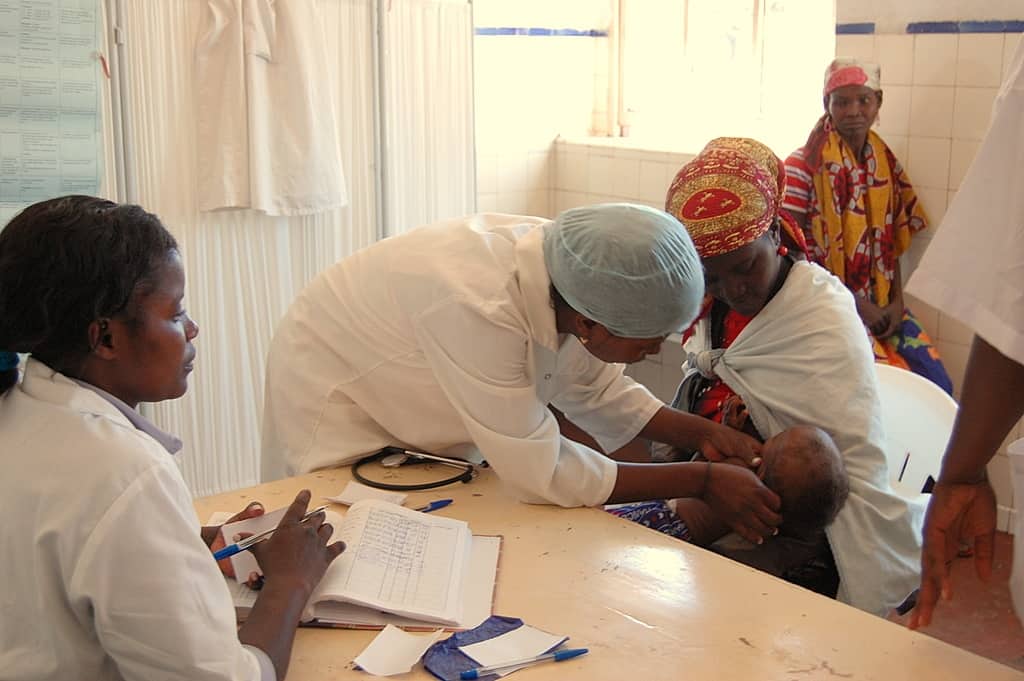
Scientists in Kenya discover microbe that could stop transmission of malaria
pharmafile | May 5, 2020 | News story | Manufacturing and Production | malaria, mosquitoes
Researchers studying malaria in Kenya have discovered a microbe that blocks transmission of malaria from mosquitoes which could pave the way to eradicating the disease.
According to the team at the International Centre of Insect Physiology and Ecology, this microbe (Microsporidia MB) lives in the stomach and genitals of mosquitoes.
It is carried by about 5% of mosquitoes living around Lake Victoria in Kenya where the research was conducted, and it is hoped that more of these insects with the microbe can be bred. This could be done by the scientist’s infecting male mosquitoes with this microbe, and then they would pass it on to females and their offspring. Once at least 40% of the population is carrying the microbe, then malaria rates should fall.
Lillian Mbaisi, a Kenyan scholar involved with the research, said: “We were excited to find that the Microsporidia MB symbiont is transmitted from mother mosquitoes to their offspring, and that the microbe does not compromise the ability of mosquitoes to survive.” Dr Jeremy Herren, also part of the team, told the BBC: “The data we have so far suggest it is 100% blockage, it’s a very severe blockage of malaria.”
Recent progress has been made in combating malaria but it is still responsible for the deaths of 400,000 people a year, mainly children. Currently, preventative measures usually take the forms of insecticides and bed nets, but these measures face disruption due to the COVID-19 pandemic.
Conor Kavanagh
Related Content

FDA approves Roche’s test for malaria in blood donors
Roche has announced that the US Food and Drug Administration (FDA) has approved its cobas …

WHO recommends new vaccine for prevention of malaria in children
The World Health Organization (WHO) has announced that it has recommended a new vaccine, R21/Matrix-M, …

Florida approve plan to release 750 million genetically modified mosquitoes to stop the spread of disease
Florida state regulators have gained approval to release 750 million genetically modified mosquitoes across the …








